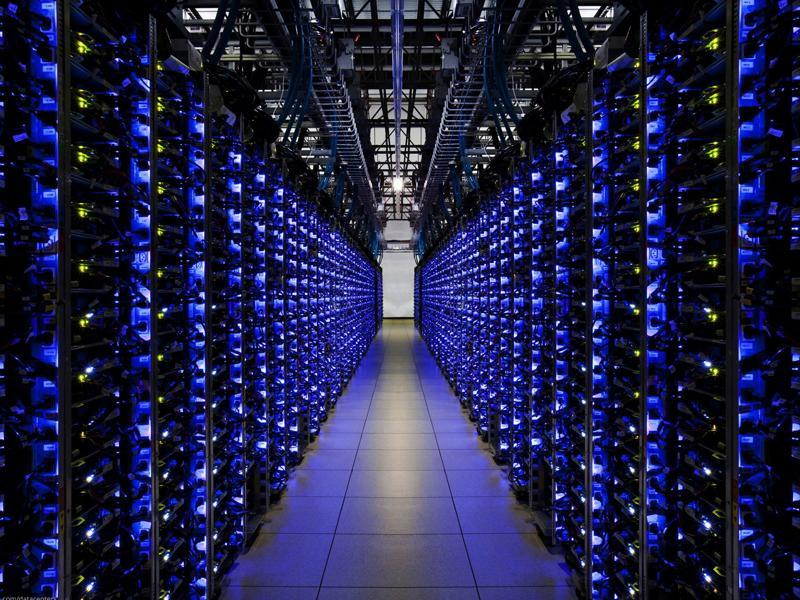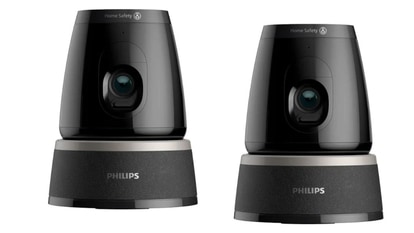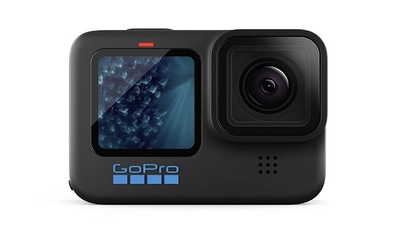Linux turns 25! Here are some facts that will stun you
Linux came into existence in 1991 when Linus Torvalds after being frustrated with the licensing issues of Minix (an Unix-based operating system)started to write his own code. Torvalds, who was attending the University of Helsinki at that time, has stated that if the GNU kernel (a huge code for OSes) had been available at the time (1991), he would not have decided to write his own.

Who would have guessed that the Penguin would complete its silver jubilee? Linux, the operating system (OS) that was originally developed as a free operating system for personal computers based on the Intel x86 architecture, just completed 25 years and has infused life into different machines including promoting the free culture among operating systems like MacOS, Windows, Unix and others.
Linux came into existence in 1991 when Linus Torvalds after being frustrated with the licensing issues of Minix (an Unix-based operating system)started to write his own code. Torvalds, who was attending the University of Helsinki at that time, has stated that if the GNU kernel (a huge code for OSes) had been available at the time (1991), he would not have decided to write his own.
The code which he wrote later became the Linux kernel. Fortunately or unfortunately, the OS had been ported to more computer hardware platforms than any other operating systems and due to the dominance of Android on smartphones, Linux has the largest installed base of all general-purpose operating systems.
The OS is also the leading operating system on servers and other big iron systems such as mainframe computers and virtually all fastest supercomputers, but is used on only around 2.3% of desktop computers when not including Chrome OS, which has about 5% of the overall and nearly 20% of the sub-$300 notebook sales.
Here are some cool facts, shared by freeCodeCamp, about the operating system that will sweep you off your feet:
1) There are 115 million lines of code in The Linux Foundation's collaborative projects. Compare this to the 45 million lines of code in Windows XP.
2) The Linux kernel is by far the most active open source project on Earth. Its accepts an average of 185 patches each day.
3) It's taken about 41,000 person-years to build Linux — the equivalent of about $5 billion in developer salary.
4) The Linux Foundation pays Linus $10 million per year to continue his work on Linux. His net worth is $150 million.
5) While Linus was serving as in the Finnish military — doing ballistics calculations — he bought a copy of Andrew Tanenbaum's Operating Systems: Design and Implementation. This book described Minix — a simplified educational version of Unix — and opened Linus's eyes to the Unix philosophy.
6) Even though Torvalds wrote 100% of Linux's first release, his original contributions now account for less than 1% of its total codebase. These days he says he's too busy merging in code written by other contributors to do much programming himself.
"I do not have a five-year plan. I do not have a moonshot. I'm perfectly happy with all the people walking around looking at the stars saying "I want to go there." But I'm looking at the ground, and I want to fix the pothole that's right in front of me before I fall in." — Linus Torvalds
8) Other famous software icons like Bill Gates and Mark Zuckerberg dropped out of college to pursue their projects full-time. Linus not only continued school after the initial success of Linux — he even stuck around to get his masters in computer science.
9) Even though Linus created Git, he doesn't accept pull requests through GitHub. Linux is listed on GitHub, though, and it has more than 35,000 stars.
10) 97% of the world's supercomputers run on Linux — including clusters used by NASA.
11) SpaceX uses a special fault-tolerant design of Linux in each of its Merlin rocket engines. Through this, Linux has helped complete 32 space missions.
12) In 2009, the government of Munich, Germany switched from Windows to Linux. They claim to have saved more than €10 million in software licensing fees so far. But the switch may have cost them that much or more in lost productivity.
13) Linux powers the tiny $5 Raspberry Pi computer.
14) Is Linux the king of the world? Titanic was the first feature film produced on Linux servers.
15) Even though video game developer Valve's founder Gabe Newell has publicly stated that he thinks Linux is the future of gaming, his company's Linux-based Steam Machine console flopped. Fewer people use Linux for gaming today than did in 2010.
16) Dronecode is Linux for Drones. About 1,000 companies develop drone services that run on top of this operating system.
17) Toyota and Jaguar plan to run their future cars using Automotive-grade Linux.
18) Linux is available in many distributions, or "distros." Most distros are based off of other distros. The most popular distro is Ubuntu, which is based off of Debian.
Catch all the Latest Tech News, Mobile News, Laptop News, Gaming news, Wearables News , How To News, also keep up with us on Whatsapp channel,Twitter, Facebook, Google News, and Instagram. For our latest videos, subscribe to our YouTube channel.

























